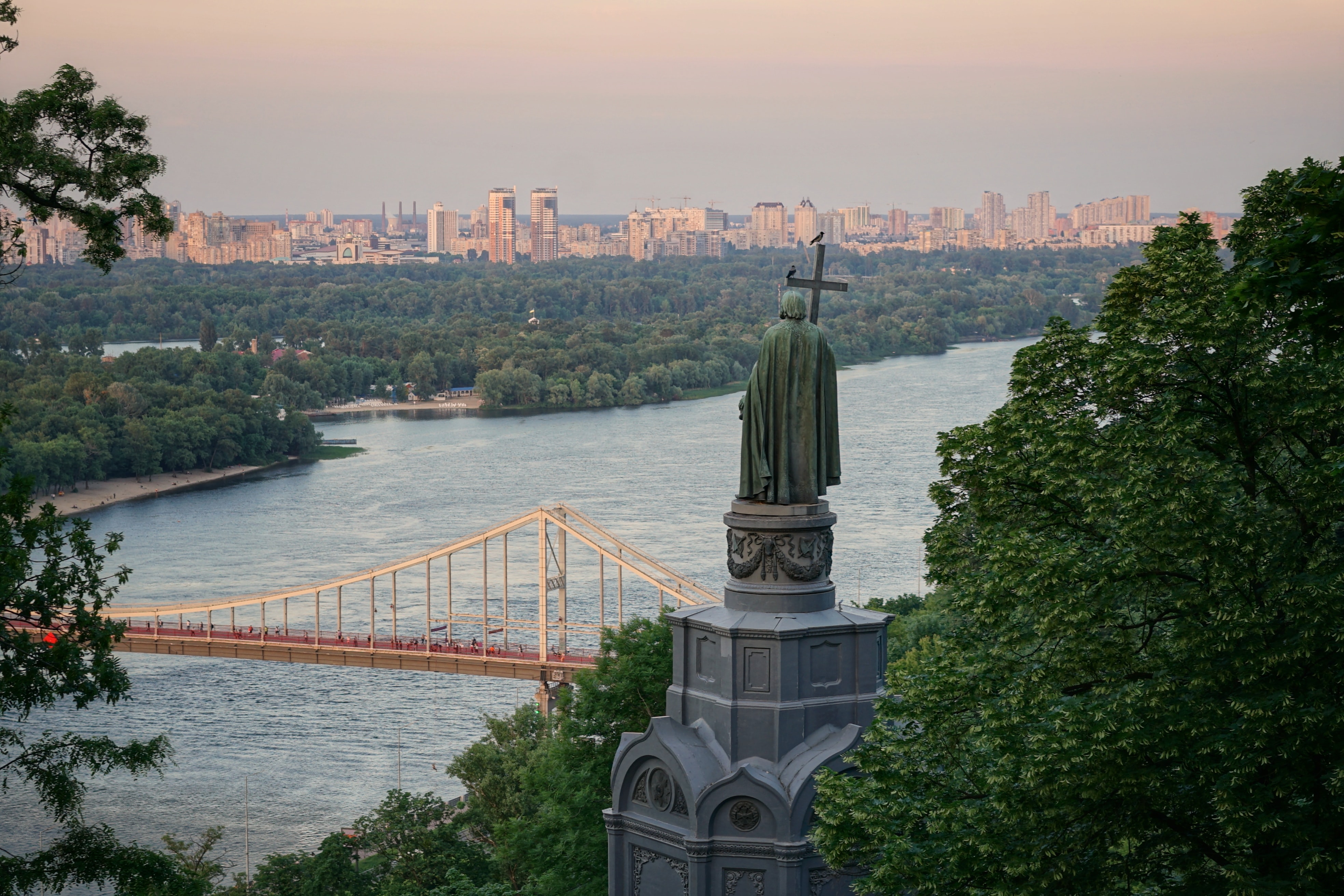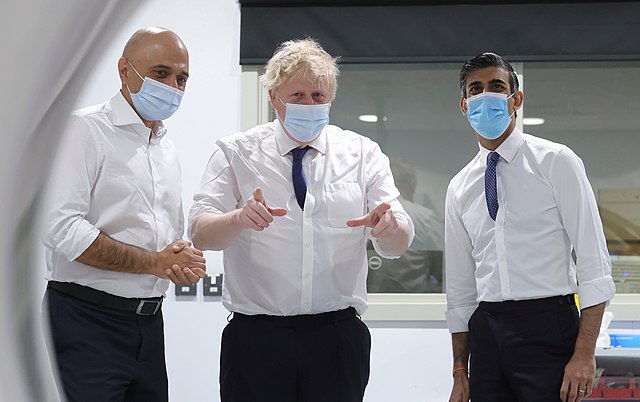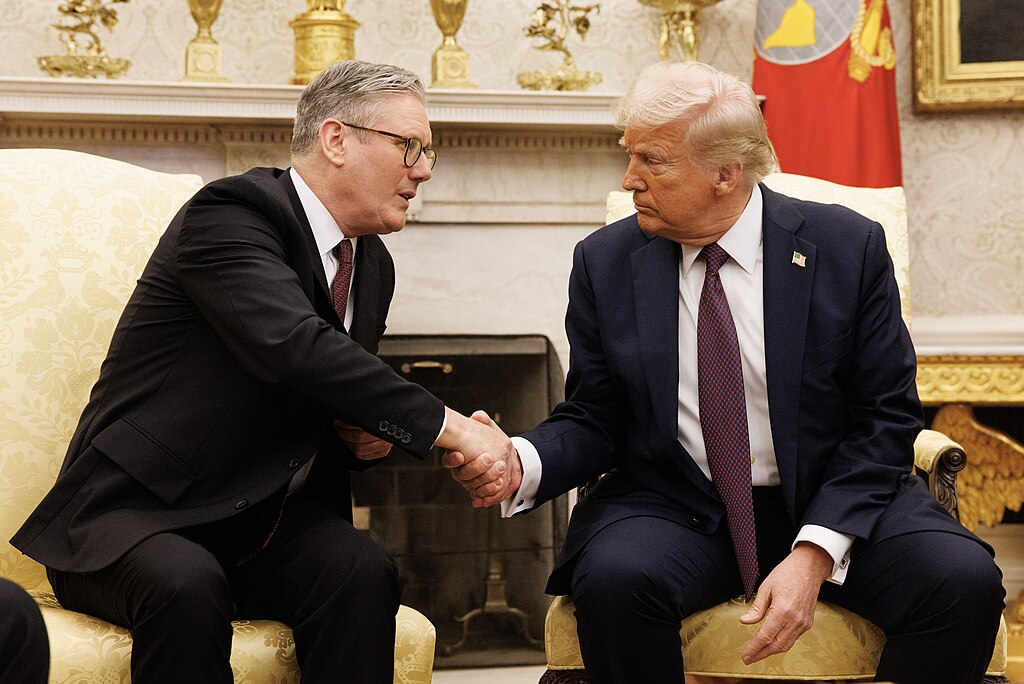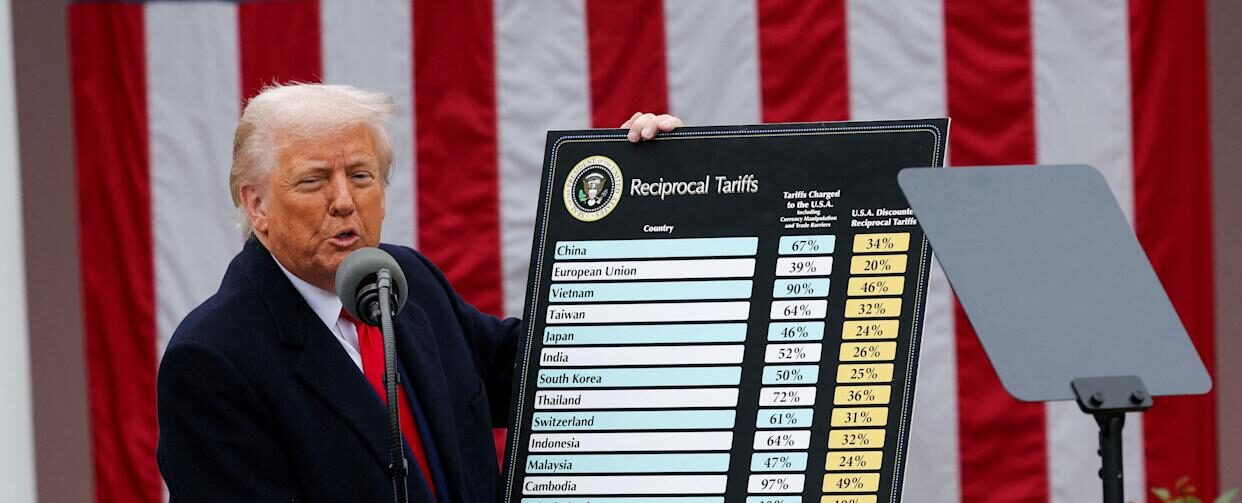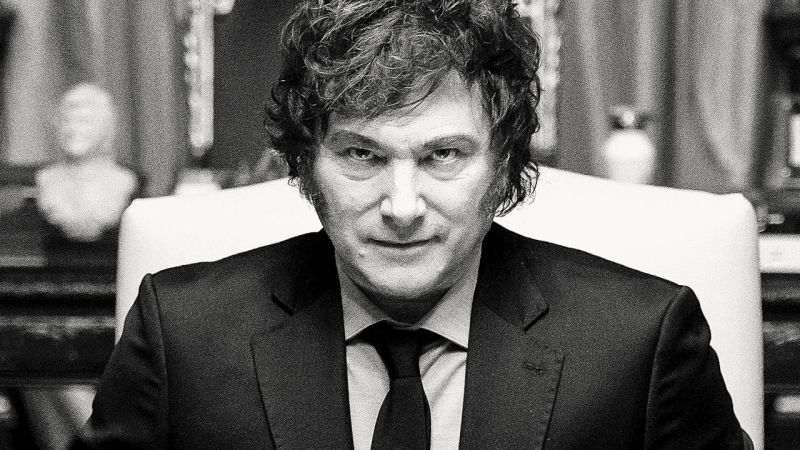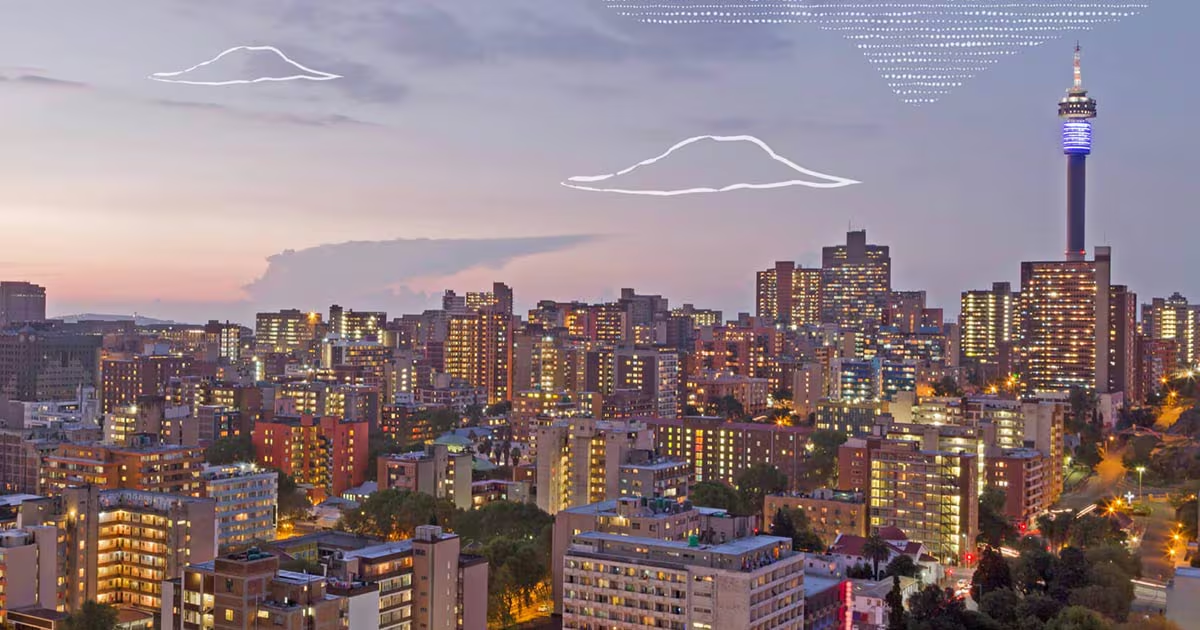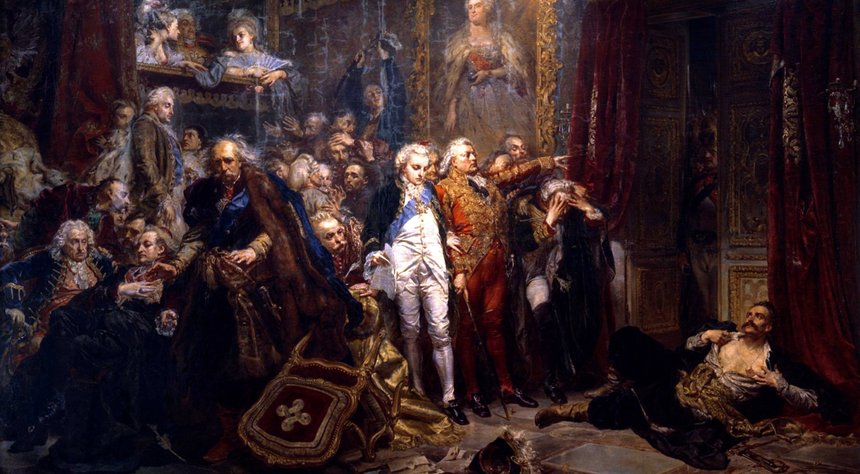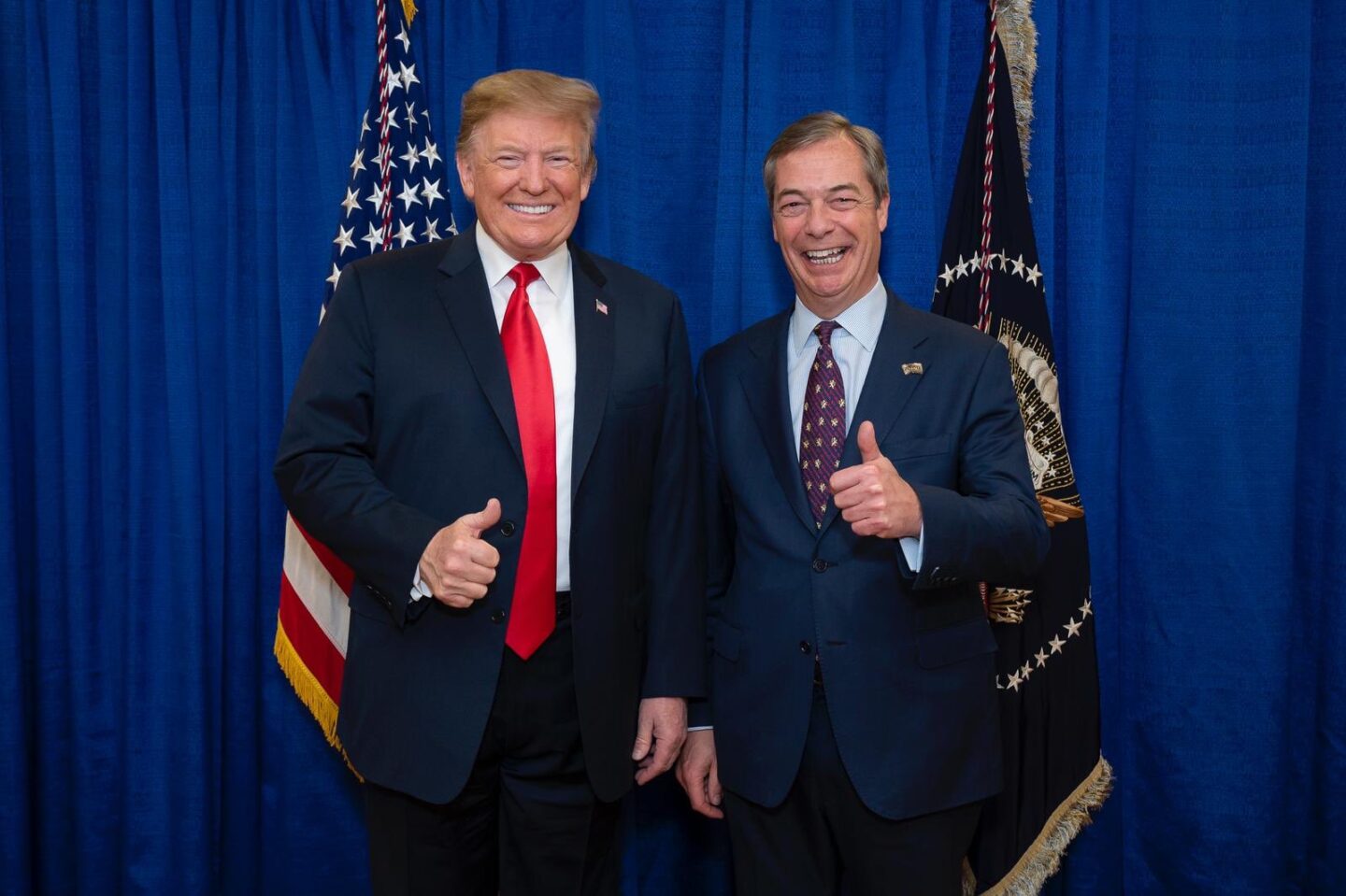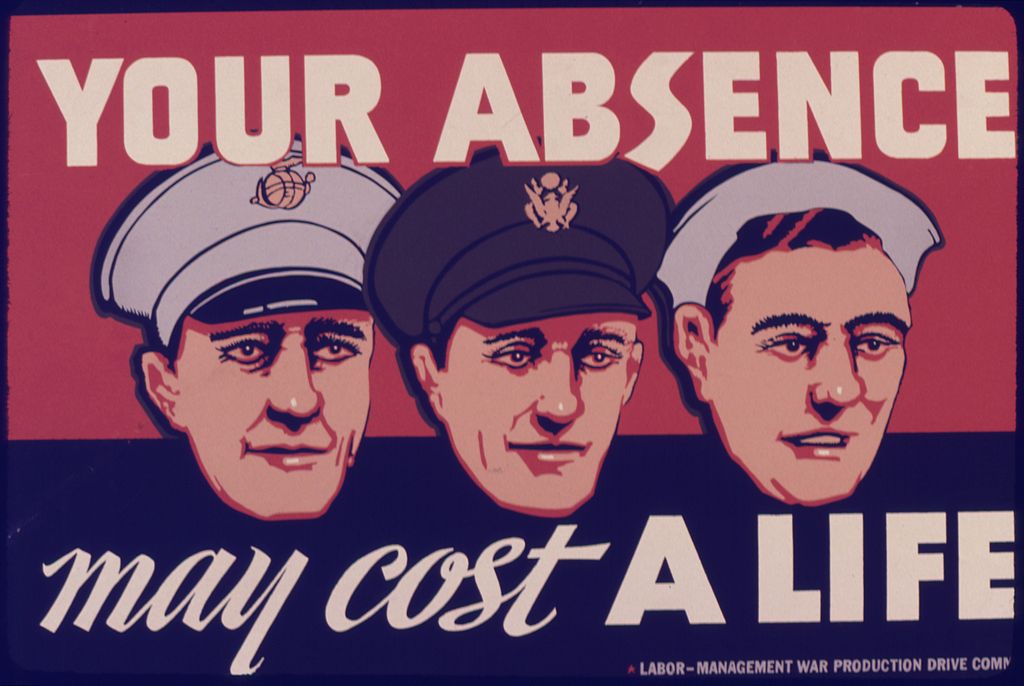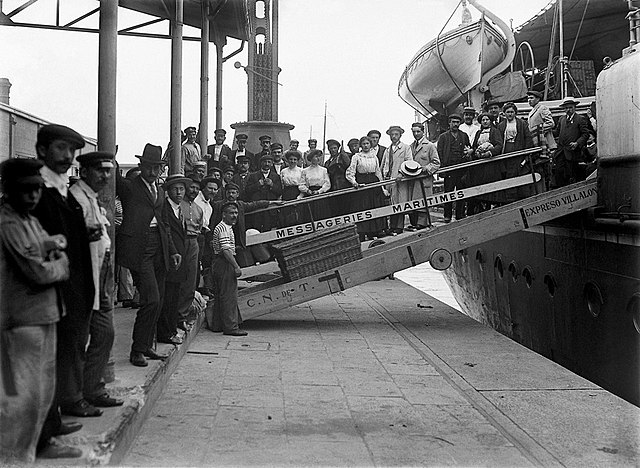 For a President who pledged to clean up Ukrainian politics, 2021 has not been a good year. President Zelensky won in 2019 largely because of his commitment to bring about a lasting course-correction in Ukrainian politics. Out with puppet politicians controlled by untouchable oligarchs; in with reform of the courts, a free and open media, cleaner politics and transparency about who owns what.
For a President who pledged to clean up Ukrainian politics, 2021 has not been a good year. President Zelensky won in 2019 largely because of his commitment to bring about a lasting course-correction in Ukrainian politics. Out with puppet politicians controlled by untouchable oligarchs; in with reform of the courts, a free and open media, cleaner politics and transparency about who owns what.
There have been partial successes: President Zelensky’s recent anti-oligarch bill was a high-profile legislative measure timed to coincide with his meeting with President Biden in Washington, whose geo-political support he needs. The attempted assassination of his chief staff last month also feeds the narrative of an outsider President taking on the corrupt and powerful vested interests.
But for every well-publicised step forward, there are at least two backward steps. And these reveal that President Zelensky is not so much the ’Servant of the People’, as the name of his party would have us believe, but a servant of the status quo, with just a different cast of client oligarchs to the ones who sustained the previous President.
Two revelations in the past month have shown us the extent of President Zelensky’s fealty to the oligarchs who made him. First, and most damaging, were the revelations in the Pandora Papers. The sophistication of his wealth concealment in the British Virgin Islands would make an oligarch blush.
The files reveal Zelensky as a participant in a web of offshore companies owned jointly with childhood friends and associates from the TV company that made his hit show, including Serhiy Shefir, the chief of staff who nearly took a bullet. The President did reveal some of his assets before taking office, but not all. Omitted were stakes in Cyrus-registered companies owned by previously unknown entities registered in the BVI.
Among the reasons stated for setting up the Cyrus company were “tax-efficient accumulation of business profits” and “legal protection [from] authorities and bandits”. Not a good look for a president who has promised to “destroy the traditional oligarchic order” and to replace it with a fairer system.
The second revelation was the publication on 22 October of a legal report by leading French media and human rights lawyers. They were asked to opine on the legality of shutting down opposition TV channels in February, under the pretext of defending Ukrainian sovereignty against Russian propaganda. Because it was deemed a national security imperative, the shut-downs were affected by presidential decree and carried out by the security services.
It was certainly effective — not a peep of news since then from the 1,500 journalists who lost their jobs. The problem is it was neither legal nor proportionate, as a host of international observers from the UN to Freedom House have pointed out.
The French legal team was asked if grounds exist for challenging the President’s actions at the European Court of Human Rights. Their answer was a resounding yes: “Our view on the legality is clear cut”, said lead lawyer Alexis Guedj, “it is a clear violation of several articles of the European Convention on Human Rights”.
As regards bringing proceedings before the ECHR, Guedj was emphatic: “We don’t think they have any other option: There is no effective or realistic domestic legal path available to them”. So much for reform of Ukrainian courts and judiciary.
The persistence of oligarchic influence in Ukraine is unremarkable, perhaps even forgivable: It is unrealistic to expect such a deeply ingrained operating system to be rebooted in the course of a single presidency. What is remarkable is the cavernous gulf between the clear out Zelensky promised on taking office, and the tawdry corruption that is coming to light with every passing week.
What is most depressing is the retrograde steps we are seeing on democracy. A free media is a critical indicator of any EU accession state’s commitment to democratic values, and yet Ukraine is shutting down opposition media. As one of the sacked journalists said at the launch of the French report, “freedom of speech is like the NordStream2 pipeline; without it Ukrainian democracy will freeze”.
President Zelensky might have silenced his domestic critics, but at what price?

